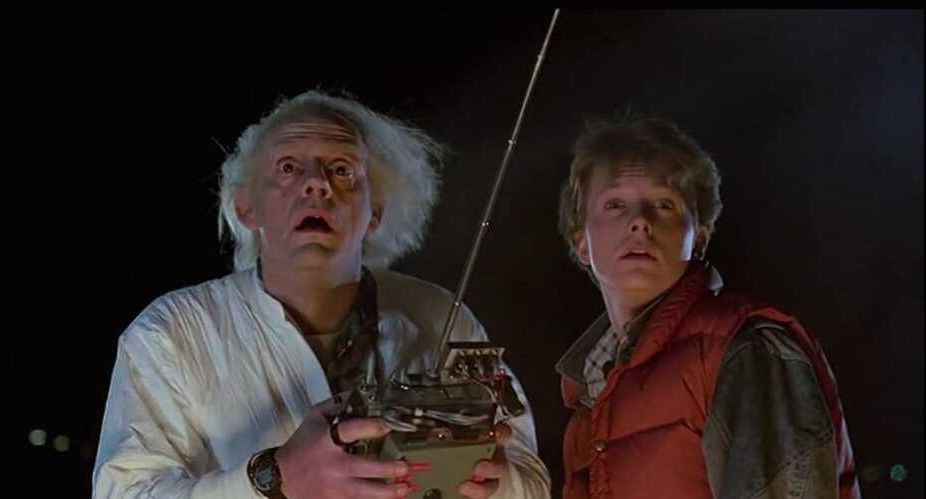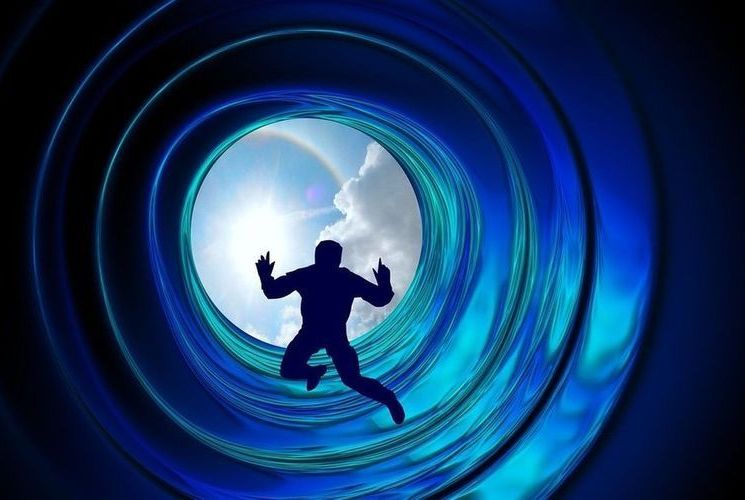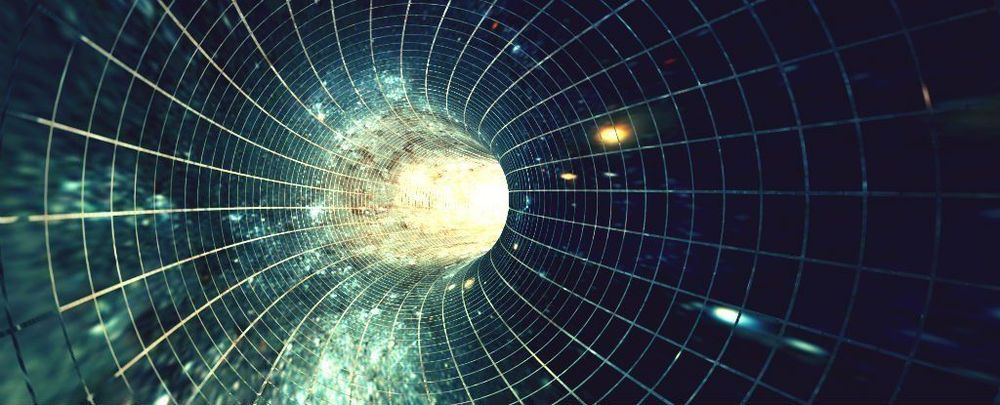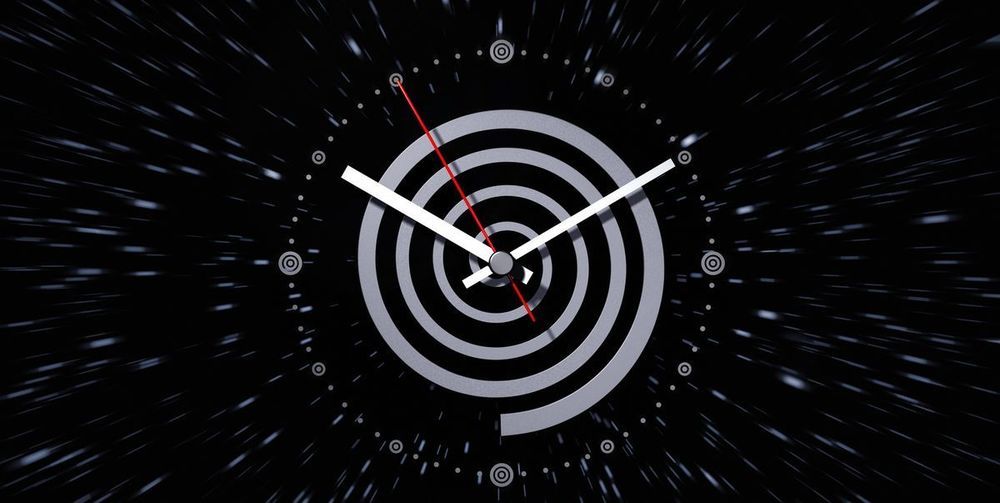Time travel is theoretically possible according to the laws of physics, a study says. But time-travelers couldn’t alter the past in a measurable way.


I didn’t realize there were so many 3rd-party genetic analysis services. If you’ve already done something like 23andMe have you tried uploading your raw DNA data to one of these other websites?
Note: This piece on genetic analysis is the third in our series of posts about DNA tests for health and longevity. To better understand the basics of DNA and the different types of DNA tests on the market please go back and read our first piece on The Benefits of Genetic Testing for Longevity, and for an in-depth comparison of DNA testing companies please read the second piece on the Best DNA Tests for Health and Longevity.
Affiliate Disclaimer: Longevity Advice is reader-supported. When you buy using links on our site, we may earn commissions.
Imagine, for a moment, that time travel is real.

“I myself believe that there will one day be time travel because when we find that something isn’t forbidden by the over-arching laws of physics we usually eventually find a technological way of doing it.” –David Deutsch
Time travel may still be in the realm of science fiction, inspiring the plots of countless books, mo v ies and Star Trek episodes, but not out of the realm of possibility. While basic physics allows for the possibility of moving through time, certain practical concerns and paradoxes seem to stand in the way. The “Fractal Soliton of Improbability,” postulating that any moment is unique and only happens once in the lifetime of a universe, or “Grandfather Paradox,” in which a traveler jumps back in time, kills his grandfather and therefore prevents his own existence, are the most salient paradoxes arising in relation to time travel.

Alexey Turchin and Maxim Chernyakov, researchers belonging to the transhumanism movement, wrote a paper outlining the main ways technology might someday make resurrection possible.
From cryonics to time travel, here are some of the (highly speculative) methods that might someday be used to bring people back to life.

That’s big news for the most mysterious phase of matter—and maybe physics as we know it.
For the first time, scientists have observed an interaction of a rare and baffling form of matter called time crystals. The crystals look at a glance like “regular” crystals, but they have a relationship to time that both intrigues and puzzles scientists because of its unpredictability. Now, experts say they could have applications in quantum computing.“regular” crystals, but they have a relationship to time that both intrigues and puzzles scientists because of its unpredictability. Now, experts say they could have applications in quantum computing.
🤯 You love time travel. So do we. Let’s nerd out over it together.

No one has yet managed to travel through time – at least to our knowledge – but the question of whether or not such a feat would be theoretically possible continues to fascinate scientists.
As movies such as The Terminator, Donnie Darko, Back to the Future and many others show, moving around in time creates a lot of problems for the fundamental rules of the Universe: if you go back in time and stop your parents from meeting, for instance, how can you possibly exist in order to go back in time in the first place?
It’s a monumental head-scratcher known as the ‘grandfather paradox’, but now a physics student Germain Tobar, from the University of Queensland in Australia, says he has worked out how to “square the numbers” to make time travel viable without the paradoxes.

Now we can all go back to 2019.
In a new peer-reviewed paper, a senior honors undergraduate says he has mathematically proven the physical feasibility of a specific kind of time travel. The paper appears in Classical and Quantum Gravity.
🤯 You love time travel. So do we. Let’s nerd out over it together.
Spiros Michalakis is the Caltech quantum physicist who served as the science advisor on Bill & Ted: Face The Music and he was kind enough to sit down and chat about quantum physics, the nature of time, and the brilliant minds behind Bill & Ted.
Check out IQIM at http://www.iqim.caltech.edu
Here’s the video featuring Paul Rudd playing chess with Stephen Hawking:
Want to support the channel? Here’s how:
Patreon: http://www.patreon.com/answerswithjoe
Channel Memberships: https://www.youtube.com/channel/UC-2YHgc363EdcusLIBbgxzg/join
T-Shirts & Merch: http://www.answerswithjoe.com/store
Join me on the Our Ludicrous Future Podcast:

Granted, we’re not very good at it. We’re only moving in one direction at a fixed rate — but we’re never in the same moment twice. And while time’s arrow seemingly puts spacetime second helpings out of reach, humans have a habit of breaking the rules.
What if we could do an about-face and discover what came before? Or push past our present pace to see what comes next? Astrophysicist Ron Mallett from the University of Connecticut says he’s got the theoretical receipts to take on time travel.
Wondering how to build a time machine? It takes just 4e2Q=X easy steps! Simple, right?

Time travel movies have different rules about what happens when you start messing around with the timeline. If you’ve ever wondered which ones make the most sense, we may now have an answer. According to experiments using a quantum time travel simulator, reality is more or less “self-healing,” so changes made to the past won’t drastically alter the future you came from – at least, in the quantum realm.
The classic Back to the Future rules of time travel say that whatever you change in the past can have huge effects on the future. That’s why Marty McFly can almost erase his own existence by accidentally stopping his parents from meeting, and why Biff Tannen can get rich by giving his younger self a book of sports scores to bet on.
Other movies handle things differently. In Avengers: Endgame, the superheroes travel back in time to steal versions of the Infinity Stones out of different time periods to revive their fallen friends (look, it doesn’t make much sense unless you’ve seen all 20-something movies). Anyway, they can dabble in the past without ruining the future because the universe has a knack for correcting those paradoxes so that both versions of events did happen.